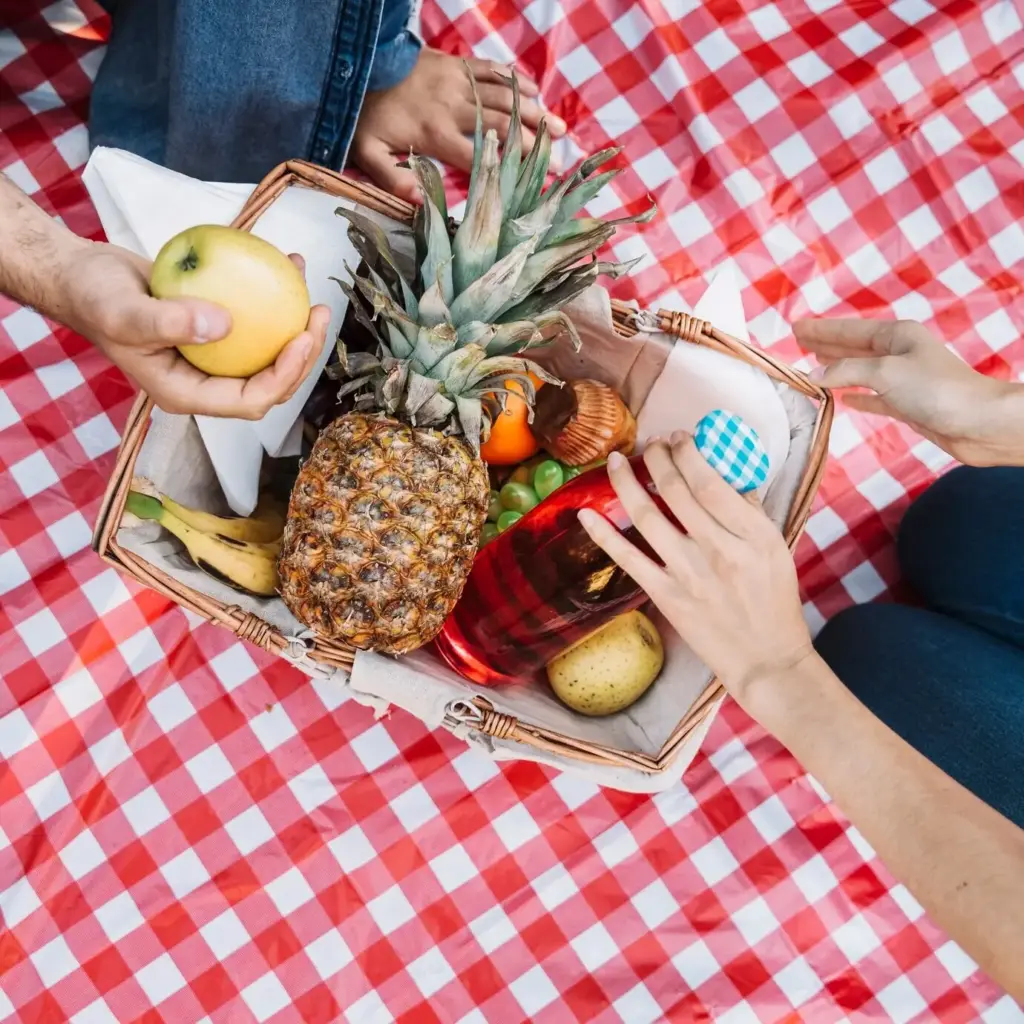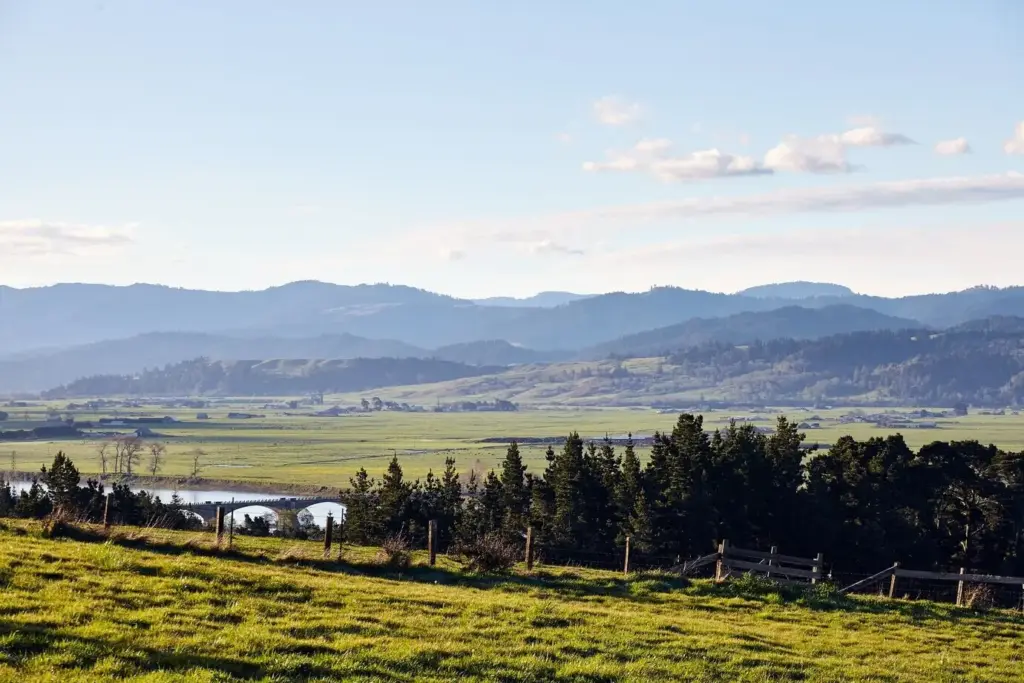Field Confidence Starts With Smart Choices





Mindset Before the Trip
Firearm Handling That Prevents Accidents






Drawing and Aiming Without Endangering Others
Arrow Selection, Broadhead Handling, and Quiver Discipline
Recovering Missed Shots and Managing Ricochets
First Aid, Emergency Signals, and Incident Response
Building a Field Kit You Truly Understand
Pack only items you can use confidently: pressure dressings, tourniquet, compression bandage, blister care, antihistamines, pain relief, and emergency blanket. Label pouches clearly and rehearse finding essentials with eyes closed. Replace expired supplies after each trip. Keep instructions concise and waterproof, and brief partners so everyone can assist if you are injured.
Bleeding Control, Hypothermia, and Heat Stress Basics
Direct pressure remains the first step; add a tourniquet when appropriate and monitor for effectiveness. Protect against heat loss with insulation and wind barriers, even in mild temperatures. Recognize heat exhaustion early through behavior changes and hydration gaps. Prioritize calm voices, steady movements, and clear leadership so decisions stay thoughtful despite discomfort or urgency.

